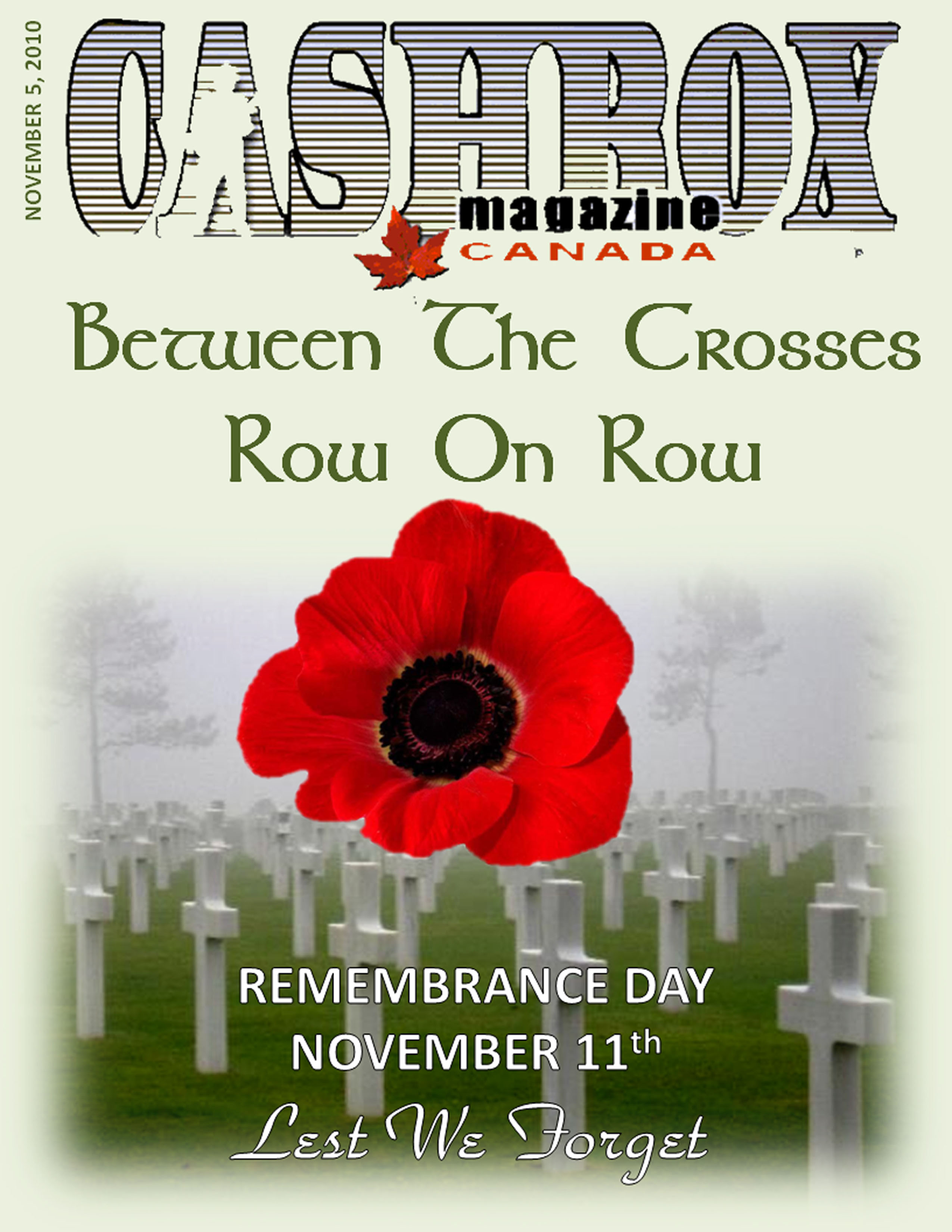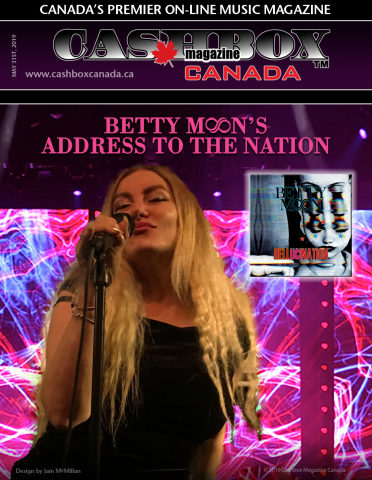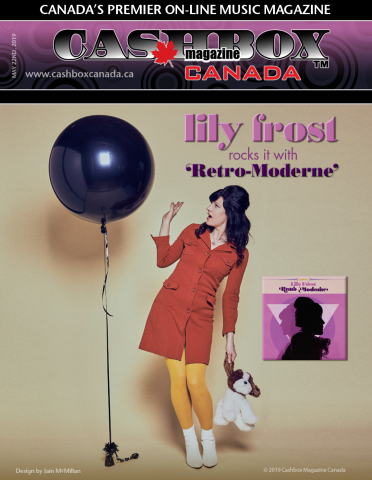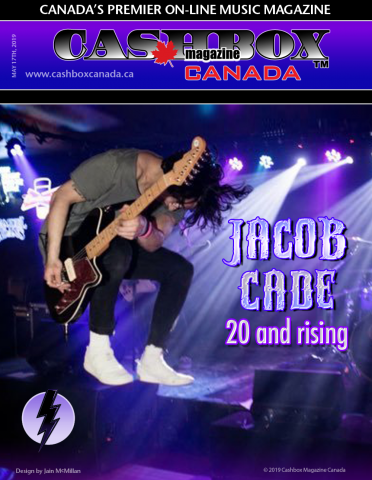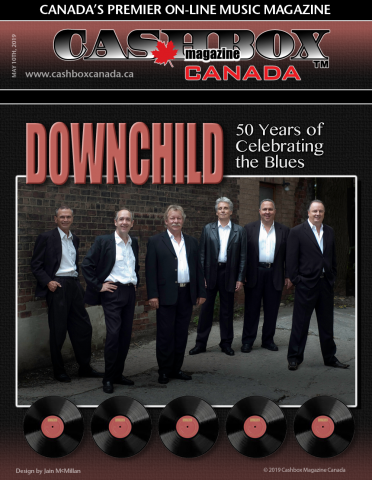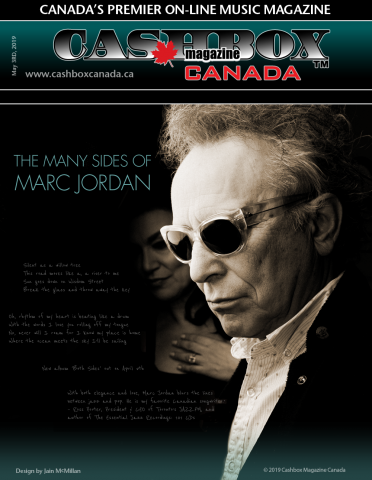Setting aside the U.S. Civil War and World War One, each of which had their share of songs that told the story of their generations, it wasn’t until World War Two and the popularity of the old tube radio, that the music of the war reached the masses in great numbers. By 1940 over 95% of households in the northeast section of the U.S. and about 50% of homes in the south, all had radios.
Some of the music from WW 11 was obvious in its content and some were songs that expressed the sentiment of the day in such a way that they became classic love songs decades after the war was over. The obvious ones were the likes of Spike Jones’ “In the Furher’s Face” and Johnny Mercer’s “G.I. Blues” and The Andrew Sisters “Boogie Woogie Bugle Boy”.
Conjure up any of those three songs and in your minds eye you will see people dressed in forties style clothing, crisply pressed army dress and a vivid impression of the Sisters Andrew in their WAC uniforms rhythmically snapping their fingers and swaying as they sing “the boogie woogie bugle boy of company B.”
The songs that spoke of the heartache of being apart, reunions and promises of faithfully waiting for the solders return were; Tommy Dorsey with Frank Sinatra singing “I’ll Be Seeing You”, The Ink Spots “I’m Making Believe” and Dinah Shore’s “ I’ll Walk Alone” to name a few.
The next battle, The Korean War or Korean Conflict, depending on who you speak to, in the early fifties, had a few songs as well; songs like The Louvin Brothers 1951 hit “Weapon of Prayer” that invoked civilian support through the power or “weapon” of prayer.
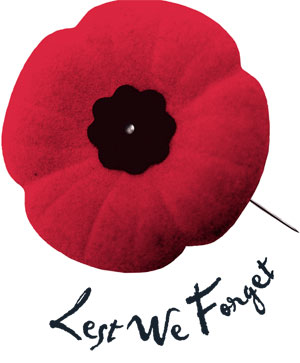 Perhaps it was because the general population was just plain tired of war or because it was called a “police action” and not a war but there was not a lot of music spawned during this period that reflected the sentiments of the conflict. But my how that would change with the next big war!
Perhaps it was because the general population was just plain tired of war or because it was called a “police action” and not a war but there was not a lot of music spawned during this period that reflected the sentiments of the conflict. But my how that would change with the next big war!
With the Vietnam war things changed dramatically. This was a very unpopular war with the young generation and this was dramatically visible in the music of the day. It was a period of great unrest and also a period of division. It was a period of time, with the advance in technology, where the war became a “living room war”.
Every night on the six o’clock news you got the daily weather report, the daily stock report and a daily body count direct from the front in Vietnam. There were protest songs like Phil Och’s “I Ain’t Marching Anymore” that polarized the young and not so young anti-war faction “ call it peace or call it treason, call it love or call it reason, but I ain’t marchin’ anymore.” and Merle Haggard’s “The Fightin’ Side of Me” that the pro war side embraced “if you’re runnin’ down my country, you’re walkin’ on the fightin’ side of me,” showed the sharply defined line between the two sides.
There was a definite feeling of “them ‘ and “us” that was very evident in the music. “Eve of Destruction” vs. “Okie From Muskogee”, “Flowers in Your Hair” vs. “God bless The U.S.A.” And on it went, the airwaves subtly, Glen Campbell’s “Galveston” “I clean my gun, and dream of Galveston.” And not so subtly Edwin Starr and “War (What It Is Good For?) Absolutely nothing!” That left no room for ambiguity. As Buffalo Springfield with Neil Young and Steven Stills said ‘There’s battle lines been drawn”. And so was the tapestry of musical statements for the Vietnam War, some for some against but all with a firm and definite stance.
The wars in the middle east, the gulf war of the early nineties and the current War on Terror have mostly bred songs of understanding and support for the troops, Bruce Springsteen redoing Pete Seeger’s anthem “Bring Them Home” with the negative songs being aimed more at powers that be like George W. Bush. Neil Young boldly wrote “Let’s Impeach The Presiden”t. Toby Keith took up the Merle Haggard mantle with “ Courtesy of the Red White and Blue” singing “the big dog will fight when you rattle his cage.” A battle royale ensued between The Dixie Chicks, Natalie Maines and Toby Keith when Maines publicly declared on stage that she was ashamed to be from the same state (Texas) as Dubya prompting Toby to denounce Maines as un-American and unpatriotic. I found all of this a healthy expression of the differences in opinion that make democracy so appealing.
We’ve seen how the songs and music of the generations have documented and preserved the feeling in the country during any given conflict. The important thing to remember through all of this is, if it wasn’t for the brave men and women who made the ultimate sacrifice during all of the above mentioned conflicts we wouldn’t have the opportunity to be even discussing this topic.
So let us always remember with gratitude and humbling appreciation the debt we owe to the fallen and salute them, not just on November 11th but every day and with every breath of freedom we enjoy!
N’oublie jamais…Never forget…..”
Editors Note: Remembrance Day is November 11 2010. Please observe the one-minute of silence at 11:00 am – no matter where you are.



